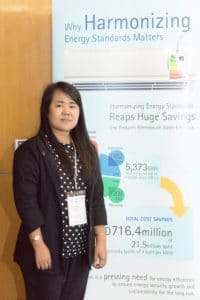 Since 2011 the political and economic reforms introduced by the government of Myanmar have made strong gains in terms of improving the energy sector in the country. However, only a quarter of the general population has access to electricity services. By implementing energy-efficiency policies, Myanmar could improve the situation and benefit from significant savings.
Since 2011 the political and economic reforms introduced by the government of Myanmar have made strong gains in terms of improving the energy sector in the country. However, only a quarter of the general population has access to electricity services. By implementing energy-efficiency policies, Myanmar could improve the situation and benefit from significant savings.
Global Environment Facility-UN Environment’s United for Efficiency and the Association of Southeast Asian Nations (ASEAN) SHINE programme have supported Myanmar since 2015 in developing and implementing energy-efficiency policies for appliances, lighting and equipment.
According to a United for Efficiency Country Savings Assessments, Myanmar could reduce its annual national electricity use by over 6 per cent in 2030—saving nearly $60 million in reduced electricity bills—by putting in place minimum energy performance standards for lighting, residential refrigerators, room air conditioners, distribution transformers and industrial electric motors.
Ms. Naing Naing Linn, Director from the Ministry of Industry, explains: “Currently in Myanmar, most appliances, lighting and equipment are imported. If other countries, especially in ASEAN, have already specified the energy performance standard on such imported appliances, then the ones that do not meet their standards may enter our country. We want to protect our market from inefficient products.”
However, the country faces challenges in implementing such measures. “Myanmar has limited capabilities, and no previous experience in developing or implementing energy-efficiency policies,” Ms. Linn says.
Through United for Efficiency, Myanmar has received valuable support to tackle these challenges, such as support to develop energy-efficiency policies allowing them to take advantage of their savings potential. It has also been able to learn from other countries’ experiences through workshops and seminars.
“We learn from and share experiences with colleagues from other countries,” Ms. Linn says.
Recently, Myanmar also started to participate in the ASEAN SHINE programme. The public-private partnership between UN Environment and the International Copper Association aims to increase the market share of efficient air conditioners and lighting in ASEAN countries through harmonisation of test methods and energy-efficiency standards, adoption of common minimum energy performance standards, and changing consumers’ purchasing attitudes in favour of energy-efficient products. UN Environment and Myanmar will also be working together on a separate Global Environment Facility project aimed at assisting implementing energy-efficiency policy.
“We have learned a lot about energy efficiency and in particular lighting through our participation in ASEAN SHINE,” Ms. Linn says.
For her, energy efficiency is a joint effort with the private sector. The work is only beginning. “We are now building our Ministry’s capacity and raising awareness in parallel, but we also want to make it easy for our business sector to implement energy-efficiency standards in their work,” Ms. Linn says.
View Myanmar’s savings assessments
Read more about ASEAN SHINE in the 2016 issue of the SWITCH-Asia Magazine


Leave a Reply